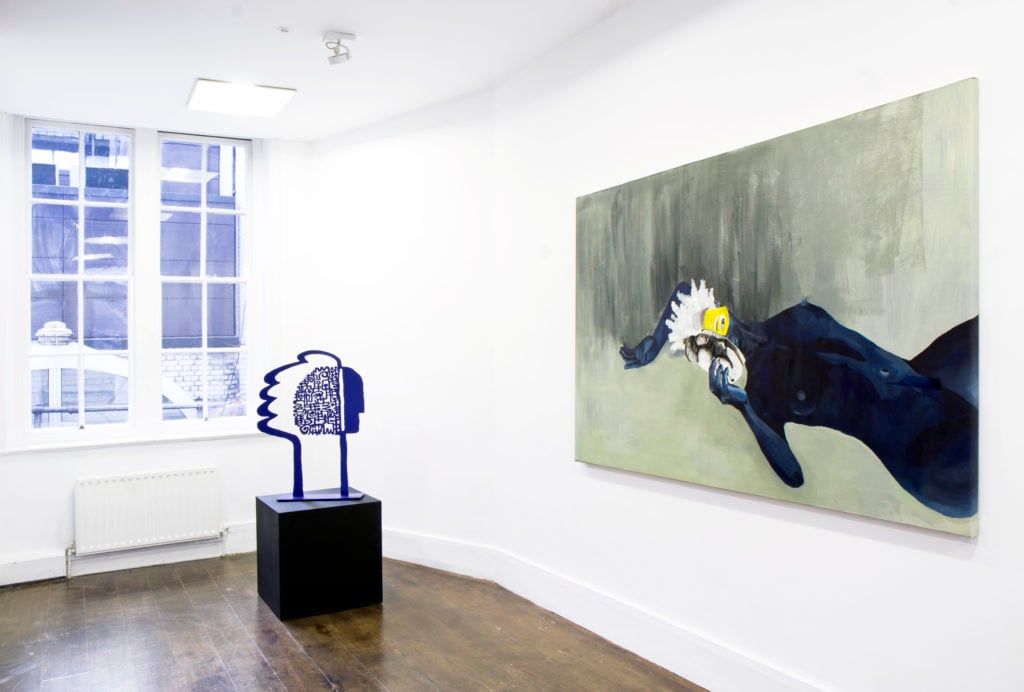Galleries
A London Gallery Is Trying Out a New Pitch on Collectors: Live With an Artwork for Six Weeks and Then Tell Us If You Want to Buy It
The gallery's owner says the idea came to him before the global shutdown got underway.

The gallery's owner says the idea came to him before the global shutdown got underway.

Caroline Goldstein

As dealers around the world look for an edge with the economy threatening to take a bite out of the art business, one London dealer has come up with a novel pitch to collectors: try before you buy.
Ayo Adeyinka, the owner and director of Tafeta, a London gallery specializing in modern and contemporary African art, launched his new initiative, called Six for Six, through the gallery’s website on March 15.
The premise is simple: the gallery will send up to three artworks at a time to a prospective collector, who can live with them for up to six weeks.
If he or she decides to buy, payment can be arranged in a series of installments spread out over six months. (Hence, Six by Six.) For now, the works offered range in price from about £1,800 ($2,200) to £12,000 ($14,500), with most hovering somewhere in the middle.
“If you offer someone a viewing room, they’re at a disadvantage because they don’t get to see the works,” Adeyinka tells Artnet News.
“We take on all of the risk,” he adds. “The burden is on the gallery, not the collector.” Adeyinka says he sent out eight paintings in the first two weeks of the initiative, and he expects that number to grow.
Adeyinka, who worked in finance before moving into the art industry, tells Artnet News that the idea for the business model came to him before the shutdown, though kicking it into gear was accelerated by the global shutdown. (The gallery had just broken an industry barrier by making its debut at TEFAF in Maastricht before the global shutdown got underway.)
Right now, the works offered are limited to those that are accessible in storage, but Adeyinka hopes that as more artists can get into their studios, the offerings will increase.
So could this be the future of gallery sales?
Maybe—”as long as dealers and collectors remain honest brokers,” Adeyinka says. “We’re doing our part to maintain the ecosystem.”